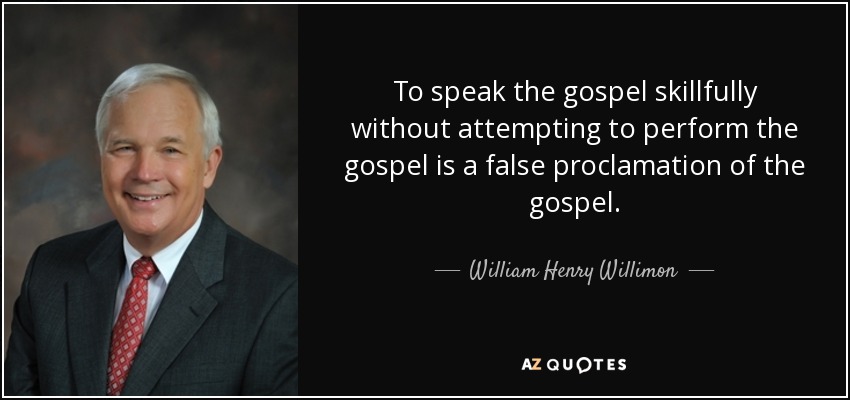 Perhaps you would have to be a preacher to know why Barth’s being a resolute theologian is his greatest gift to contemporary preaching. It’s not only that much contemporary theology languishes in the realm of theologies-of-this-and-that, but also that much of contemporary theology appears to have forgotten both the proper subject and the vital agent of Christian preaching.
Perhaps you would have to be a preacher to know why Barth’s being a resolute theologian is his greatest gift to contemporary preaching. It’s not only that much contemporary theology languishes in the realm of theologies-of-this-and-that, but also that much of contemporary theology appears to have forgotten both the proper subject and the vital agent of Christian preaching.
Forgive me for having this so prominently on my mind, but I have just finished listening to the sermons of sixty of the preachers who are under my care. Many of the sermons were lively and engaging and most congregations would hear them gladly on a Sunday morning. Yet in a depressing majority of them there was little indication that the content of the sermon or the engine driving the proclamation was the gospel of Jesus Christ. Other than that, most were fine sermons…. (Willimon, in Johanson (ed), The Word in this World, 11).
Ouch! Willimon continues:
One sermon began well enough, the Second Sunday of Christmas, Luke 2, young Juses putting the temple elders through their paces, abandoned by Mom and Dad. After reading the text, and noting Jesus’ amazing ability to stupefy professional scholars, the preacher then sailed off into a veritable shopping list of things to do. We were told that we needed to resolve, in the coming year, to be more proficient in study of God’s word. We should all strive to “increase in wisdom and in stature.” We ought to spend more time with our families.
Note how quickly, how effortlessly, and predictably the preacher disposed of a story about Jesus and transformed it into a moralistic diatribe about us. Moving from a text that simply declares what Jesus did and, by implication, who Jesus is, the preacher moved to a moralistic list of all the things that we need to do if we (in the absence of a living, active God) are to take charge of our lives and the world…
Barth’s robust view of an active, unfailingly surprising, living God puts Barth at some distance from lots of the sermons that I hear and many that I preach. God too often enters the sermon as some sort of vague mystery about whom little is to be said. So we must quickly abandon the text and sail by the seat of our pants, offering exclusively human advice derived from limited human experience. There is a modern sort of modesty that refuses to claim too much for God. Presuming to be intellectual integrity, this reticence to do theology is in most cases the simple fear that to speak decisively about who God is and who God isn’t would endanger our godlike aspirations to run the world as we damn well please. Thin descriptions of God are killing our sermons (11-12, 18).